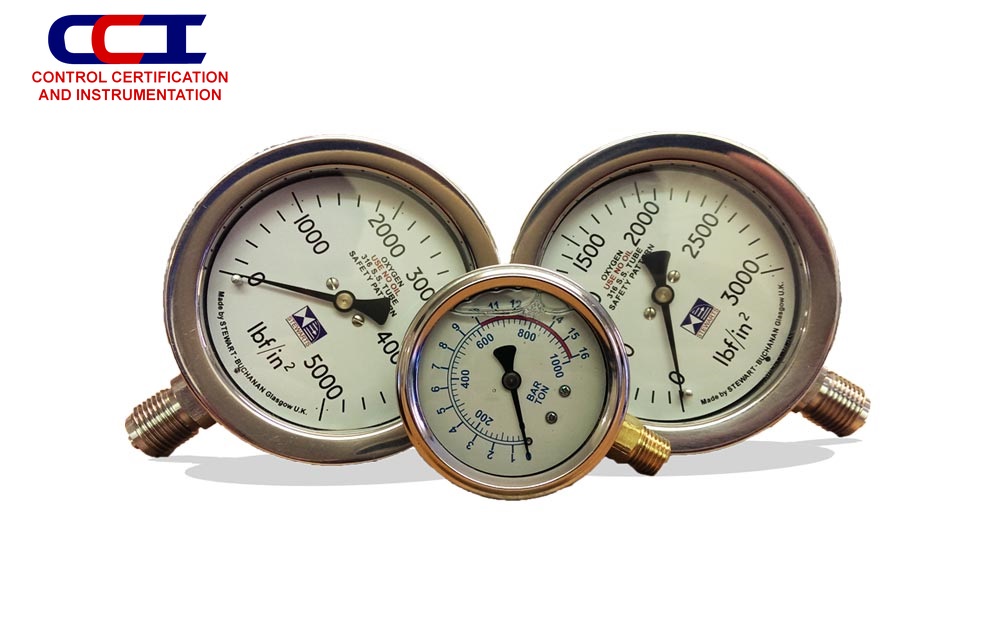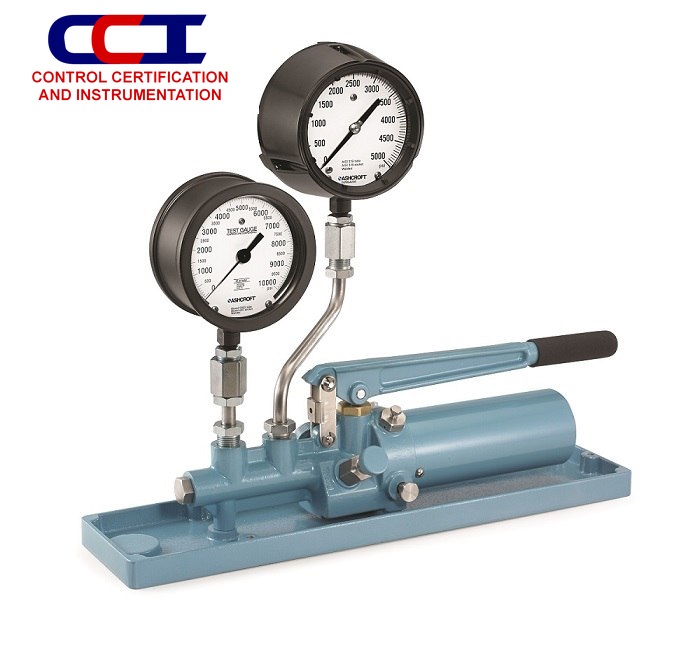Pressure gauges are essential instruments used in various industries to monitor and control pressure levels. However, over time, these gauges may become less accurate, affecting the overall efficiency and safety of operations. In this guide, we will explore the importance of pressure gauge calibration, its benefits, and the calibration process itself. Whether you work in manufacturing, engineering, or any field that relies on precise pressure measurements, understanding how to calibrate your pressure gauges is crucial for maintaining accuracy, reliability, and optimal performance. Let’s dive in!
Pressure Gauge Calibration
It is the process of comparing the readings of a pressure gauge against a known reference to determine its accuracy. This calibration ensures that the gauge provides precise and reliable pressure measurements. We will explore the fundamental principles behind pressure gauge calibration, including the concepts of accuracy, precision, and repeatability. Understanding these key elements will help you recognise the importance of regular calibration for maintaining the integrity of pressure measurements.
The Calibration Process
Calibrating a pressure gauge involves several steps to ensure accurate results. We will walk you through the calibration process, which typically includes the following:
- Selection of a calibrated reference instrument with a known accuracy.
- Establishing calibration points covering the expected pressure range.
- Comparing the readings of the pressure gauge with the reference instrument.
- Adjusting the gauge if necessary to align with the reference instrument.
- Documenting the calibration results and issuing a calibration certificate.
By following this systematic process, the accuracy of the pressure gauge can be verified and adjusted if required, ensuring reliable pressure measurements.

Benefits of Pressure Gauge Calibration
Pressure gauge calibration offers a range of valuable benefits that contribute to the accuracy, safety, and efficiency of various industrial processes. Here are some key advantages of regular pressure gauge calibration:
- Accurate Pressure Readings: Calibration ensures that pressure gauges provide precise and reliable measurements. This accuracy enables informed decision-making, precise process control, and the ability to detect any deviations or abnormalities promptly.
- Compliance with Standards: Many industries have specific regulations and standards that dictate the accuracy and reliability of pressure measurements. Regular calibration ensures that pressure gauges meet these requirements, helping businesses maintain compliance and avoid potential legal issues.
- Enhanced Safety: Accurate pressure readings are crucial for maintaining safe working conditions. By calibrating pressure gauges, potential hazards can be identified early on, enabling proactive measures to prevent accidents, equipment failures, and other safety incidents.
- Extended Lifespan of Equipment: Regular calibration helps identify any issues or malfunctions in pressure gauges promptly. By addressing these problems in a timely manner, equipment downtime can be minimised and necessary maintenance or replacement can be carried out. This proactive approach ultimately extends the lifespan of the equipment and reduces overall operational costs.
- Improved Quality Control: Precise pressure measurements are vital for maintaining consistent quality in manufacturing processes. Calibration ensures that pressure gauges accurately monitor and control pressure levels, contributing to better quality control, adherence to specifications, and customer satisfaction.
Regular pressure gauge calibration is essential for achieving accurate and reliable pressure measurements. It not only enhances operational efficiency and quality control but also contributes to compliance with industry standards and improved safety. By investing in calibration processes, businesses can optimise their processes, reduce risks, and ensure the longevity of their equipment.
Conclusion
Pressure gauge calibration is a critical process for ensuring accurate and reliable pressure measurements. By understanding the importance of calibration, following the calibration process diligently, and reaping the benefits of calibration, you can enhance safety, improve operations, and make informed decisions based on accurate pressure data. Prioritise pressure gauge calibration to maintain the integrity of your pressure measurements and optimise your industrial processes.

